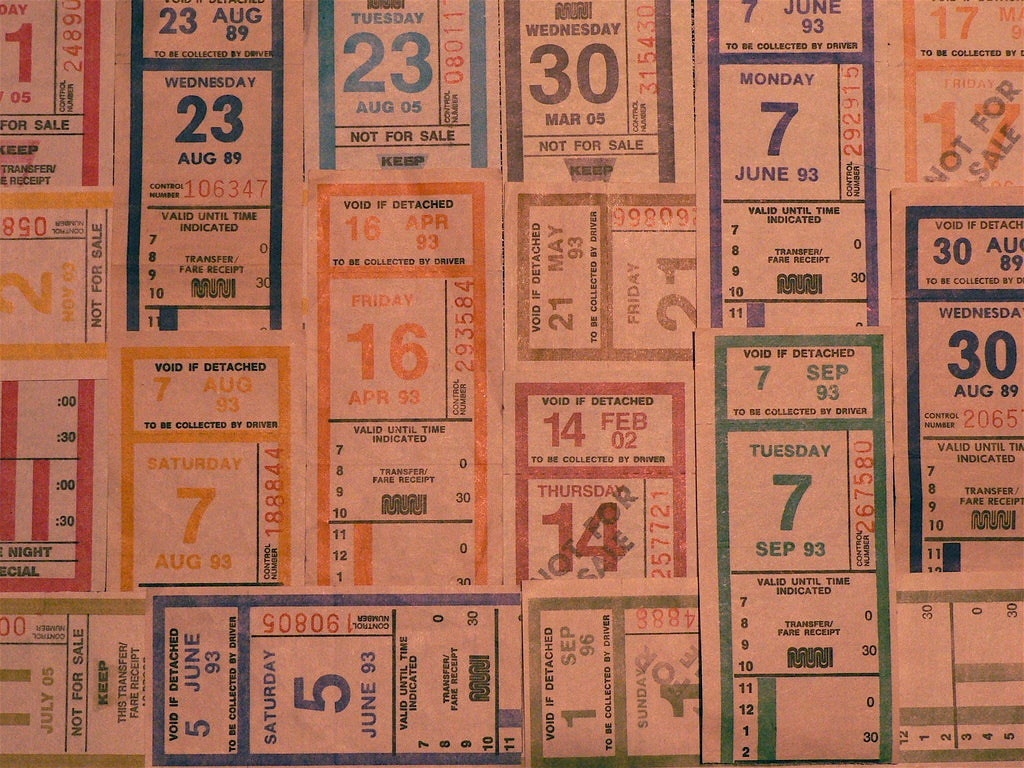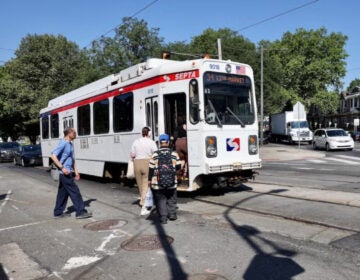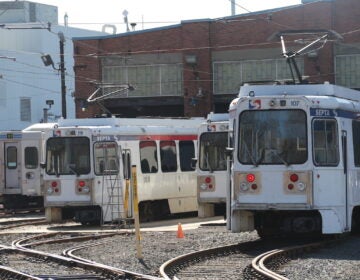SEPTA mulling a new transfer policy

SEPTA is proposing a new way of dealing with transfers under the new smart card system that will differ significantly from what other transit agencies have adopted as they modernized their fare collection systems.
The authority currently issues paper transfers for $1 for riders of buses, subways and trolleys. The new system, described by a source who has been briefed on the plan, would be more complex but also cover regional rail trips.
Under the proposal, riders would pay full fare for their first, or most expensive trip, on any given day. All other trips would be half-off.
For example, a rider who takes a regional rail train to the Market-Frankford Line and then boards a bus later in the day would pay full price for the regional rail trip and pay half-price for the subway and bus rides.
When riders don’t take their most expensive trip of the day first, the fare policy gets more complicated.
A rider who takes a bus, then transfers to the El and then takes a regional rail trip would start off by paying full price for the bus trip and pay half-price for the subway ride. When that rider takes the regional rail trip, which would be her most expensive that day, they would pay full-fare for it and be reimbursed for half the cost of the earlier bus trip.
The proposal wouldn’t affect weekly or monthly passholders, who represent the majority of riders and receive unlimited trips on the system.
Most transit agencies with card-based fare collection give riders free transfers in a given period of time after they begin their trips. A transit rider in New York City, for instance, can transfer free from a subway to a connecting local bus route as long as the transfer occurs within two hours of the time they paid for the subway ride.
SEPTA spokesman Richard Maloney confirmed the general outline of the plan but said no final decisions will be made until after a group of stakeholders ― representing transit advocates, the city and suburban counties ― weighs in.
The group, which was convened by the Economy League of Greater Philadelphia, has been giving input on other fare policy changes related to the new fare system rollout.
An earlier report it released panned a one-way fare collection scenario that SEPTA had proposed for the regional rail system.
The new transfer proposal depends on the fact that the new computer-based fare collection system, unlike the current token and paper transfers approach, can charge riders ― who will establish accounts with SEPTA ― appropriate fares based on their daily usages, said John McGee, who is in charge of the smart card program for the authority.
He said that this proposal would allow SEPTA to “wipe the slate clean” and eliminate the existing set of complicated transfer rules ― transfers must take place along routes that directly touch, for instance ― in favor of an easier-to-understand set of transfer rules.
McGee added that a free-transfer policy would cost SEPTA significant farebox revenue that would have to be made up by fare increases.
Though a financial analysis of the proposal hasn’t been completed ― and the size of the transfer discount is still subject to change ― he said it was designed to be either revenue neutral or provide SEPTA with extra money to pay interest on the $175 million loan paying for the new fare system.
WHYY is your source for fact-based, in-depth journalism and information. As a nonprofit organization, we rely on financial support from readers like you. Please give today.






